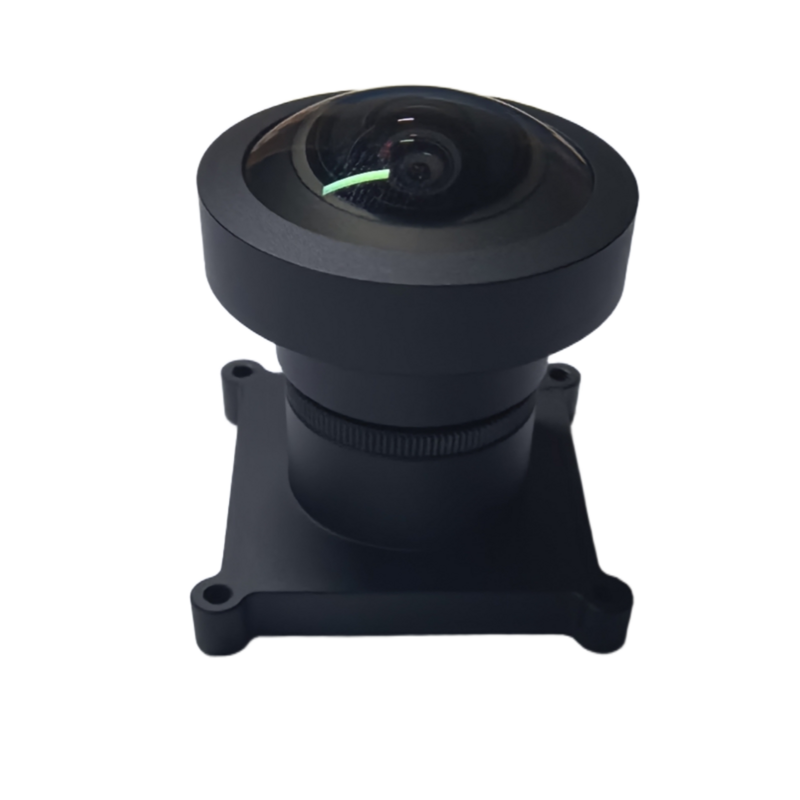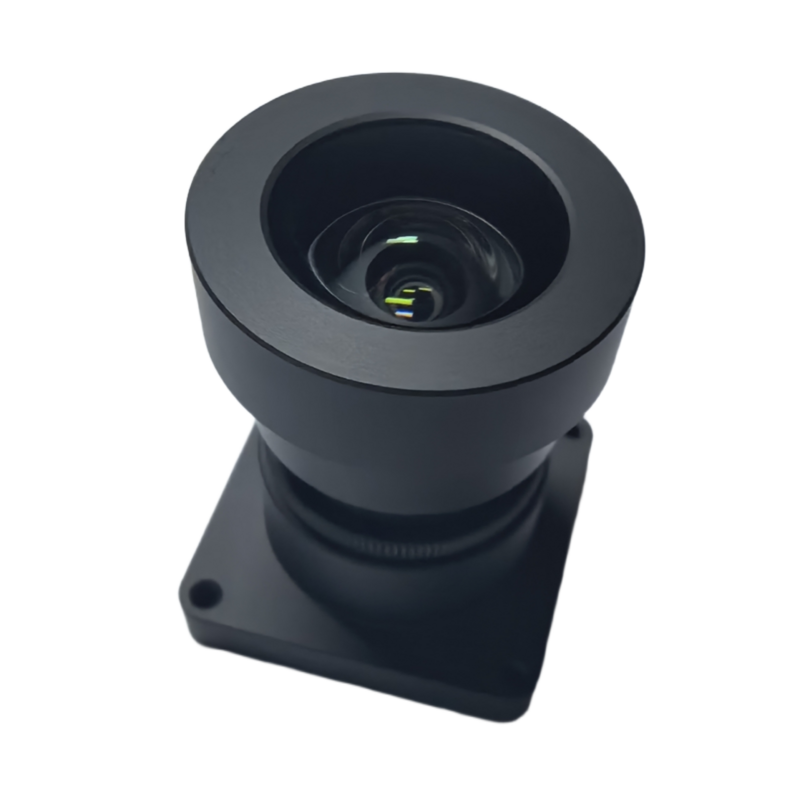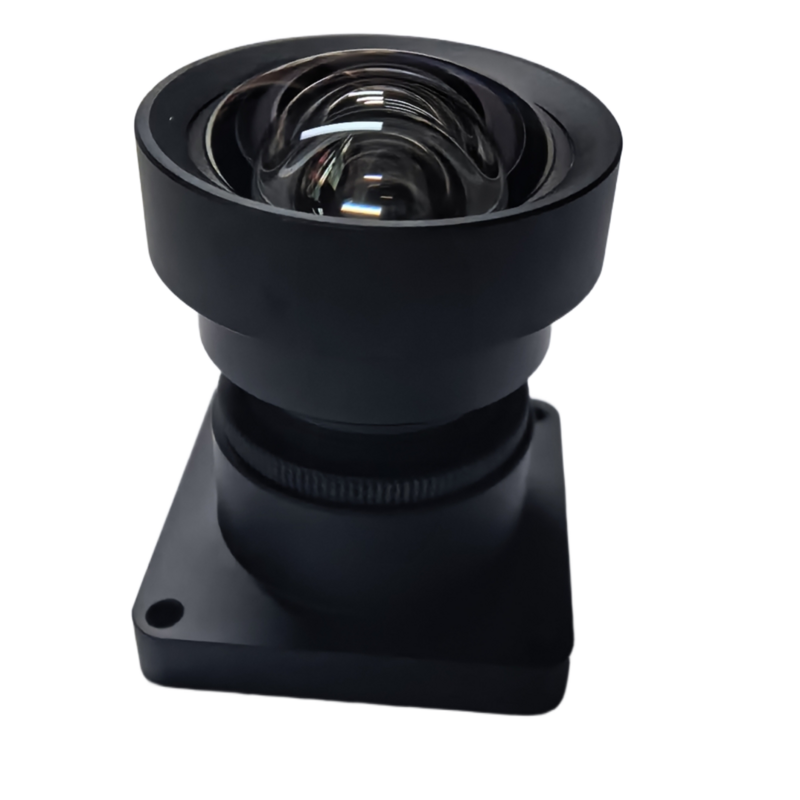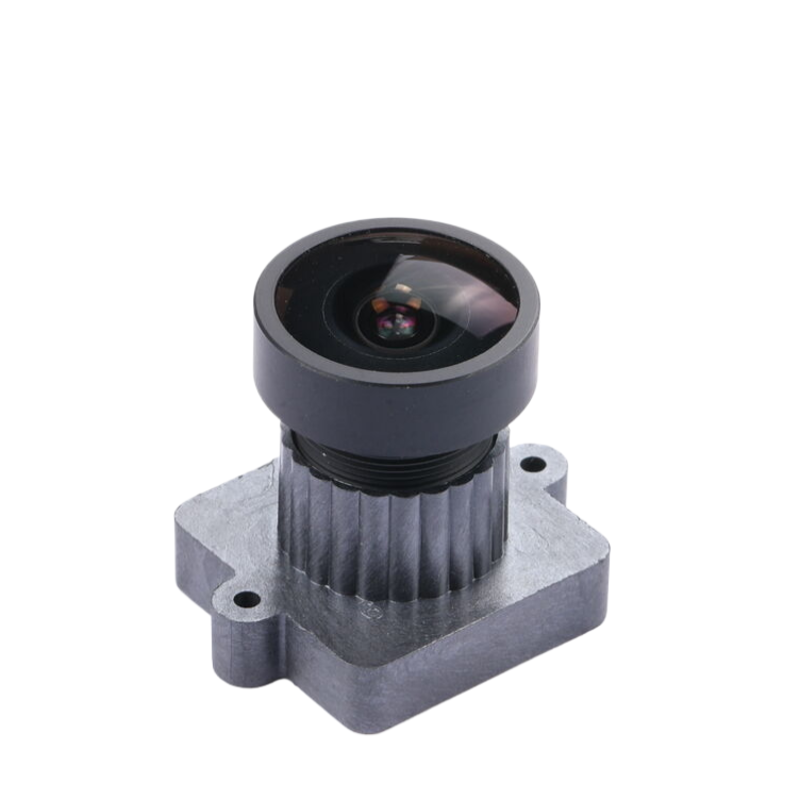Company News
Enhancing Machine Vision with Quality Industrial Lenses
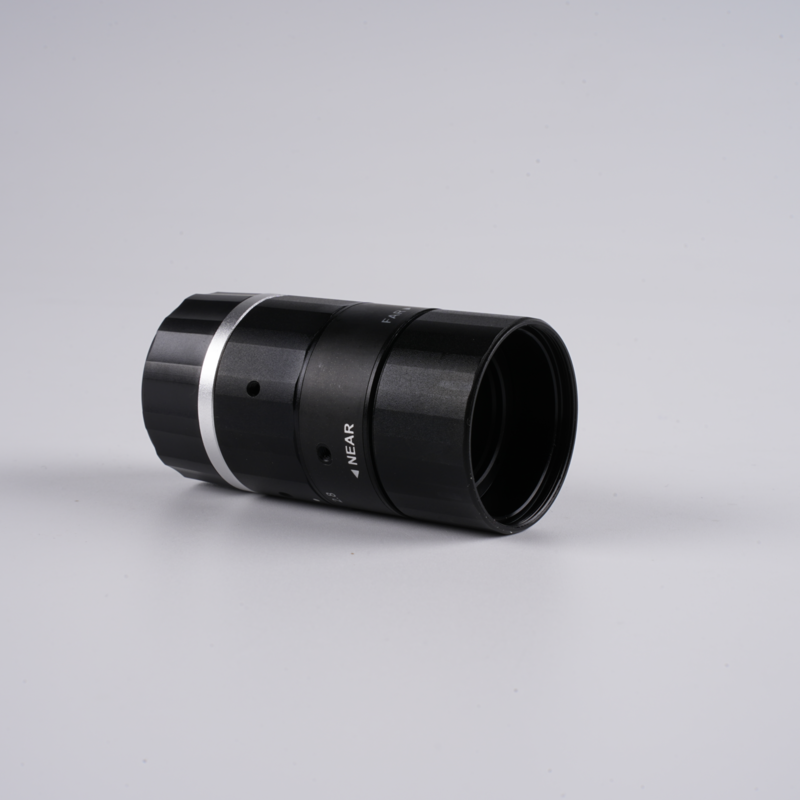
Industrial machine vision systems play a crucial role in modern manufacturing, enabling automated inspection and quality control processes. A key component of machine vision systems is the industrial lens, which determines the clarity, accuracy, and reliability of the captured images. To ensure optimal performance of machine vision systems, it is essential to carefully consider several key factors when selecting the most suitable industrial lens.
1. Lens Resolution and Camera Compatibility
The resolution of the industrial lens is a critical consideration as it directly affects the level of detail and accuracy of the captured images. To achieve high-quality imaging, it is important to select a lens with a resolution that is compatible with the camera's sensor. The lens resolution should match or exceed the camera's pixel count to avoid compromising image quality. It is recommended to consult the camera manufacturer's specifications to ensure compatibility between the lens and camera.
2. Focal Length and Field of View
The focal length of the lens determines the magnification and distance at which objects can be accurately imaged. The choice of focal length depends on the specific application requirements. For tasks that require close-up inspections, a lens with a shorter focal length is suitable. On the other hand, applications involving larger areas may require a lens with a longer focal length. Additionally, considering the field of view is crucial to ensure that the lens can capture the desired area effectively. Both focal length and field of view must be carefully evaluated to achieve precise imaging.
3. Aperture and Lighting Conditions
The lens aperture plays a vital role in controlling the amount of light that enters the camera's sensor. It determines the depth of field and influences the ability to capture sharp images, especially in challenging lighting conditions. A wider aperture allows more light to enter the lens, which can be beneficial in low-light environments. However, a wider aperture may result in a shallower depth of field, impacting the ability to achieve consistent image sharpness. Careful consideration of the required lighting conditions is necessary to select an industrial lens with an appropriate aperture.
4. Image Distortion and Lens Quality
Distortion can degrade the accuracy of machine vision systems, affecting measurements and inspections. It is important to select a lens with minimal distortion to ensure the fidelity of the captured images. Additionally, choosing a high-quality lens with superior optics enhances image quality, reduces aberrations, and provides better color reproduction. Industry-leading lens manufacturers offer lenses with advanced coatings and materials for optimal performance, ensuring consistent and reliable imaging results.
5. Environmental Considerations
Industrial environments often present harsh conditions that can affect the performance and durability of the lens. Factors such as dust, moisture, vibration, and temperature variations must be taken into account when selecting an industrial lens. It is advisable to choose lenses designed for industrial applications, featuring rugged construction, dustproof and waterproof capabilities, and resistance to temperature fluctuations. Such lenses can withstand challenging operating conditions, ensuring long-term reliability and minimizing downtime.
In conclusion, selecting the right industrial lens is crucial for achieving high-quality machine vision and ensuring accurate and reliable inspection processes in industrial applications. By considering factors such as lens resolution, focal length, aperture, image distortion, and environmental considerations, manufacturers can optimize the performance of their machine vision systems and enhance overall productivity and quality control.
 English
English  German
German Japanese
Japanese Korean
Korean Vietnamese
Vietnamese French
French Spanish
Spanish भारत
भारत
